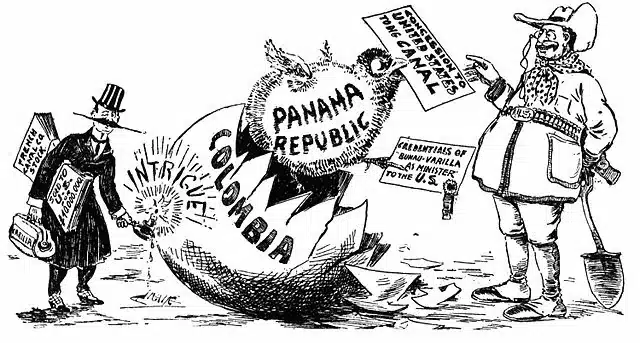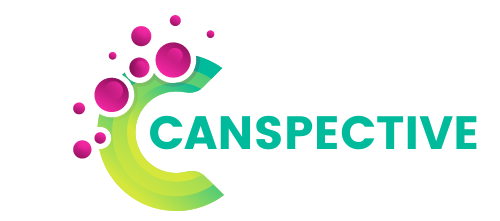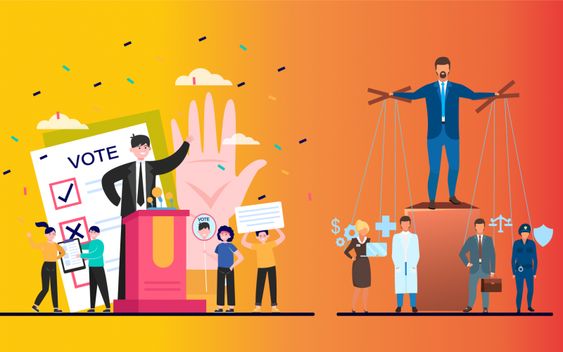What is Moral Diplomacy
Moral diplomacy is a concept in foreign policy that emphasizes promoting a country’s ideals, particularly democracy and human rights, in its international relations. It’s associated with Woodrow Wilson, the 28th US president, who championed this approach during his time in office (1913-1921).
Here are some key points about moral diplomacy:
- Focus on ideals: Moral diplomacy prioritizes spreading a nation’s values, like democracy and human rights, over pure strategic or economic interests.
- Supporting like-minded nations: Countries that share similar political systems and beliefs are more likely to receive diplomatic and economic support.
- Contrasting approach: Moral diplomacy stands in contrast to traditional diplomacy, which might prioritize maintaining alliances or gaining economic advantage through foreign policy. Read about How to Consolidate Democracy
While Wilson’s moral diplomacy aimed to create a more peaceful and democratic world, it also had limitations. Critics argue that it could be seen as self-righteous and a justification for intervention in other countries’ affairs. Additionally, promoting a singular political system might not consider the complexities of different cultures and political histories.
Historical Context
The term “moral diplomacy” was coined during the presidency of Woodrow Wilson in the early 20th century. Wilson envisioned a world where democratic governments would spread and thrive, and where oppressive regimes would find it increasingly difficult to operate. His approach marked a significant departure from prior strategies that often prioritized economic interests or military might.
Core Principles of Moral Diplomacy
Ethical Governance
At its heart, moral diplomacy advocates for governance that upholds ethical standards. This means engaging with and supporting governments that respect human rights and democratic principles. Don’t Miss to Check Out Our Website: CANSPECTIVE

Promotion of Human Rights
A cornerstone of moral diplomacy is the promotion and protection of human rights. This involves advocating for freedom of speech, religious liberty, and the right to a fair trial, among other fundamental rights.
Advocacy for Democratic Values
Moral diplomacy places a strong emphasis on supporting democratic institutions and processes. It encourages fair elections, transparency, and accountability within governments.
Moral Diplomacy vs. Other Diplomatic Strategies
Comparison with Dollar Diplomacy
Dollar diplomacy, popularized by President William Taft, focuses on using economic power to achieve international objectives. In contrast, moral diplomacy prioritizes ethical considerations over financial incentives.
Contrast with Realpolitik
Realpolitik is a pragmatic approach that emphasizes practical and material factors over ideological considerations. Moral diplomacy, however, seeks to align foreign policy with ethical principles, often at the expense of immediate practical benefits.
Differences from Military Diplomacy
While military diplomacy relies on the threat or use of force, moral diplomacy avoids such tactics, instead seeking to influence through moral authority and ethical persuasion.
Implementation of Moral Diplomacy
Case Studies of Successful Implementation
One notable example of moral diplomacy in action is the U.S. intervention in Latin American countries during Wilson’s presidency. Efforts were made to support democratic movements and oppose oppressive regimes.
Challenges and Limitations in Practice
Despite its noble ideals, moral diplomacy faces significant challenges. Ethical considerations can be subjective, and what one nation views as moral, another may not. Additionally, the pursuit of ethical foreign policy can sometimes conflict with national interests.
Moral Diplomacy in the 20th Century
U.S. Involvement in Latin America
During Wilson’s era, moral diplomacy saw active implementation in Latin America. The U.S. aimed to foster democracy and counteract dictatorships, though not without controversy and mixed results.
Influence on International Organizations
Moral diplomacy also influenced the creation and operation of international organizations like the League of Nations, which sought to promote peace and collective security based on ethical standards.
Moral Diplomacy in the 21st Century
Modern Examples
In recent times, moral diplomacy can be seen in efforts to address global issues such as climate change, human trafficking, and international terrorism. Nations often collaborate on these fronts based on shared ethical concerns.
Role in Global Conflicts
Moral diplomacy plays a role in modern global conflicts by advocating for humanitarian interventions and supporting democratic movements in regions plagued by authoritarian rule.
Influence on International Law
The principles of moral diplomacy have shaped various aspects of international law, particularly in areas related to human rights and the prosecution of war crimes.
Impact of Moral Diplomacy
Positive Outcomes
Moral diplomacy has led to several positive outcomes, such as the promotion of global human rights standards and the support of democratic transitions in various countries.
Criticisms and Controversies
Despite its benefits, moral diplomacy is not without its critics. Some argue that it can lead to interference in sovereign nations’ affairs and can be perceived as a form of cultural imperialism.
Long-Term Effects on International Relations
In the long term, moral diplomacy has contributed to the establishment of norms and values that many countries adhere to, shaping the way nations interact on the global stage.
Case Studies
United States and Latin America
The U.S. interventions in Latin America during the early 20th century illustrate both the ambitions and the pitfalls of moral diplomacy, with mixed results in promoting democratic governance.
Influence on the League of Nations
Moral diplomacy’s principles were foundational in the establishment of the League of Nations, although the organization’s ultimate failure highlighted the challenges of enforcing ethical standards globally.
Role in World War I
Wilson’s moral diplomacy also played a part in the U.S. entry into World War I, justified by the need to make the world “safe for democracy.”
Criticisms of Moral Diplomacy
Ethical Dilemmas
Moral diplomacy often faces ethical dilemmas, such as the challenge of balancing moral objectives with national interests and security concerns.
Hypocrisy and Double Standards
Critics point out instances where nations advocating for moral diplomacy have failed to uphold these principles consistently, leading to accusations of hypocrisy.
Practical Challenges
Implementing moral diplomacy can be practically challenging, especially when ethical principles conflict with strategic or economic interests.
Future of Moral Diplomacy
Potential for Evolution
As global dynamics change, moral diplomacy will likely evolve, adapting to new ethical challenges and geopolitical realities.

Adaptation to Global Changes
The rise of new global powers and shifting alliances will require moral diplomacy to be flexible and responsive to diverse ethical perspectives.
Emerging Trends
Future trends may include greater emphasis on global environmental ethics, digital rights, and equitable international development.
Conclusion
Moral diplomacy represents an aspirational approach to international relations, one that seeks to align foreign policy with ethical standards. While it has faced criticisms and practical challenges, its core principles remain influential. As the world continues to grapple with complex global issues, the ideals of moral diplomacy offer a framework for striving towards a more just and equitable international community.
FAQs
What is an example of moral diplomacy?
An example of moral diplomacy is Woodrow Wilson’s efforts to promote democracy and human rights in Latin American countries during his presidency.
How does moral diplomacy differ from other types?
Moral diplomacy differs from other types by prioritizing ethical principles and human rights over economic or military considerations.
What are the benefits of moral diplomacy?
Benefits of moral diplomacy include the promotion of human rights, support for democratic governance, and the establishment of international ethical standards.
What are the criticisms of moral diplomacy?
Criticisms include accusations of hypocrisy, ethical dilemmas, and practical challenges in balancing moral objectives with national interests.
How can moral diplomacy be effectively implemented today?
Effective implementation today requires a commitment to ethical governance, collaboration with international organizations, and a willingness to adapt to global changes.

Welcome to Canspective.ca, where Liam brings a unique perspective to the Canadian experience!
Liam is a talented writer who is dedicated to uncovering the stories that shape our nation and celebrating the diverse voices that make Canada so special. With a passion for exploring the intersections of culture, identity, and society, Liam’s articles offer insightful commentary and thoughtful analysis on the issues that matter most to Canadians.



